Thank you for downloading this Simon & Schuster ebook.
Get a FREE ebook when you join our mailing list. Plus, get updates on new releases, deals, recommended reads, and more from Simon & Schuster. Click below to sign up and see terms and conditions.
CLICK HERE TO SIGN UP
Already a subscriber? Provide your email again so we can register this ebook and send you more of what you like to read. You will continue to receive exclusive offers in your inbox.
For Rosalee
The character ought to be known of these bold pioneers.... From whence did they spring?... For what causes, under what circumstances, and for what objects were difficulties met and overcome?
EPHRAIM CUTLER
PART I
17871794

CHAPTER ONE

The Ohio Country
The Ohio is the grand artery of that portion of America which lies beyond the mountains.... I consider therefore the settlement of the country watered by this great river as one of the greatest enterprises ever presented to man.
J. HECTOR ST. JOHN DE CRVECOEUR, 1782
I.
N ever before, as he knew, had any of his countrymen set off to accomplish anything like what he had agreed to undertakea mission that, should he succeed, could change the course of history in innumerable ways and to the long-lasting benefit of countless Americans.
That he had had no prior experience in such a venture and was heading off alone in his own one-horse shay appears to have been of little concern. If he was as yet unknown to those with whom he would be dealing, he carried with him letters of introduction from the governor of Massachusetts, the president of Harvard College, and some forty others. The day of his departure was Sunday, June 24, 1787.
Manasseh Cutler was forty-five years old and pastor of the First Congregational Church of Ipswich Hamlet, a tiny Massachusetts village not far from the sea, thirty miles north of Boston. He had been born and raised on a hilltop farm in Killingly, Connecticut, and given the biblical name of Manasseh after the oldest son of Joseph. Like most New Englanders, he was a descendant of those strong-minded English Puritans who had landed in America in the seventeenth century and proliferated ever since. James Cutler, the first of the family to arrive, had fathered twelve children. The Reverend Cutler himself was one of five and the father of eight.
He had attended Yale College, with classmates mainly from New England among whom a biblical name such as he had was by no means uncommon. He was distinguished for diligence and proficiency, and finished with honors in 1765.
In less than a year he married Mary Balch of Dedham, Massachusetts, a small trim blonde said to have had a no less amiable disposition than he. Her father, the Reverend Thomas Balch, performed the wedding ceremony. When offered the chance to run a chandlerya ship supply storein Edgartown on the island of Marthas Vineyard, bride and groom moved immediately to the island and there remained for three years, time enough for two sons, Ephraim and Jervis, to be born, and for Manasseh to conclude that a mercantile life was not for him.
He resolved to enter the ministry under the tutelage of his father-in-law back in Dedham. His studies continued for nearly two years, during which he started preaching in one town or another. Prosecuted my study, he wrote in his diary. Began to make sermons. May God grant me his blessing and assistance in so important an undertaking, and make me serviceable to the cause of religion, and the souls of my fellow men.
He was offered the pulpit at Ipswich Hamlet. The day of his ordination, at age twenty-nine, the Meeting House was thronged so exceedingly that not more than half the people were able to attend.
A bit above average in height, stout but well-proportioned, the Reverend Cutler had a ruddy, healthy look, and dressed always in ministerial blackblack velvet coat and breeches, black silk stockings. He would be described as a gentleman of the old style, country type. But stiff-necked and somber he was not, any more than were most Puritans, contrary to latter-day misconceptions. Puritans were as capable as any mortals of exuding an affable enjoyment of life, as was he. Like many a Puritan he loved good food, good wine, a good story, and good cheer. His black clerical attire, a professional requirement, by no means represented disapproval of bright colors in clothing or furniture or decoration. It was said he could out-talk anyone, and from numerous of his diary entries, it is obvious, too, that he had an eye for attractive women. But here again that was no violation of Puritan rules.
He had as well great love for his large family, his wife and children, and was ever attentive to their needs for as long as he lived.
In addition to all this, and importantly, Manasseh Cutler was endowed with boundless intellectual curiosity. It may be said he was a university unto himself, ranking high among the notable polymaths of the time, those of great and varied excellence who took an interest in nearly everything.
He had succeeded in becoming three doctors in one, having qualified for both a doctor of law and doctor of medicine, in addition to doctor of divinity, and having, from time to time, practiced both law and medicine. At one point he looked after some forty smallpox patients and seems to have gained a local reputation for his particular skill at coping with rattlesnake poisoning. He became an honorary member of the Massachusetts Medical Society, received a degree of Master of the Arts from Harvard, and was elected a member of the Academy of Arts and Sciences.
Further, to supplement his meager income as pastornever more than $450 a yearhe had added a third floor to the rectory and established his own private boarding school where the students were prepared for usefulness in the world.
Most remarkable were his continuing scientific pursuits. He was at once an avid astronomer, meteorologist, and naturalist. Over the years, his modest income notwithstanding, he had acquired his own barometer, thermometer, telescope, spyglasses, and celestial globe, and was particularly esteemed among fellow scientists for his work in botany, and for having written the first-ever treatise on the classification of the flora of New Englanda study of some 350 separate species. His knowledge of botany was probably surpassed by few if any Americans of his generation.
Year after year he carried on extensive correspondence with leading figures in all the sciences on both sides of the Atlantic. One letter concerning his studies of the aurora borealis, written in 1778 to Ezra Stiles, the president of Yale, went on for twenty-four pages.
Between times he studied French. Indeed, he seems to have been studying something nearly every waking hour. Engaged in the study of botany, reads one diary entry. This morning endeavored to observe the eclipse of the moon, reads another. Studied, studied hard, studied very hard, he recorded one day after another.
Next page
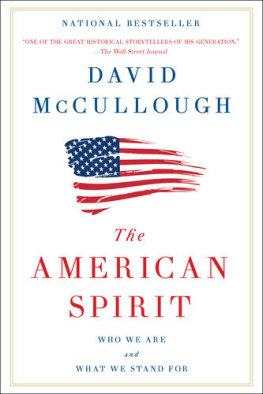
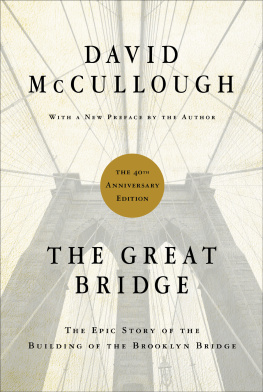
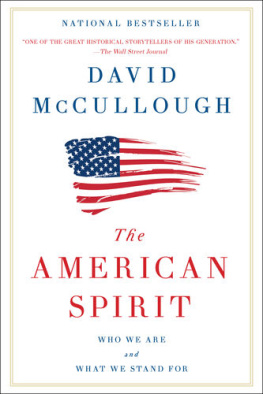
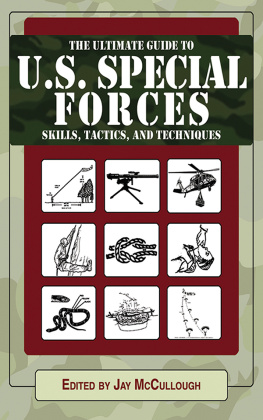
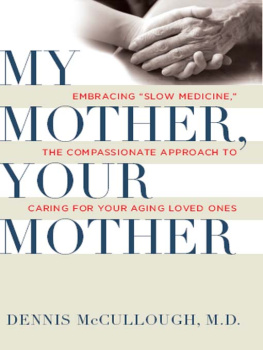
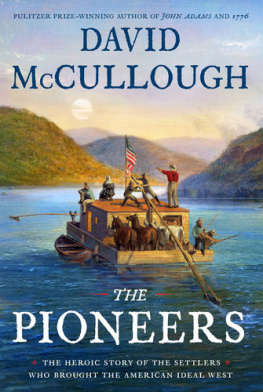


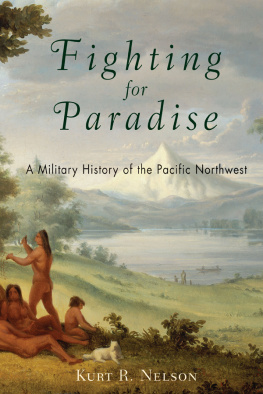
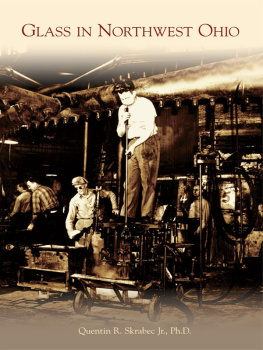
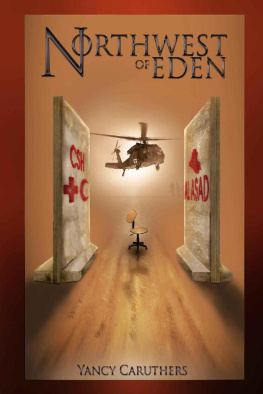
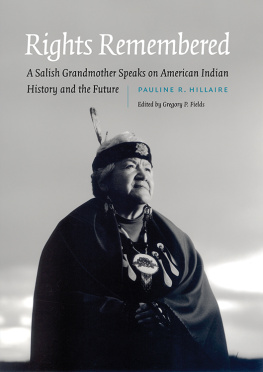
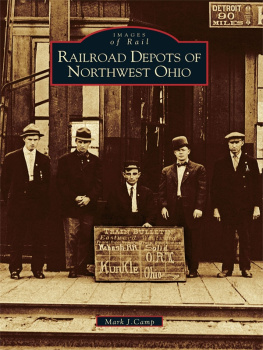
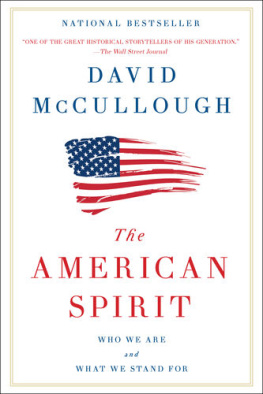


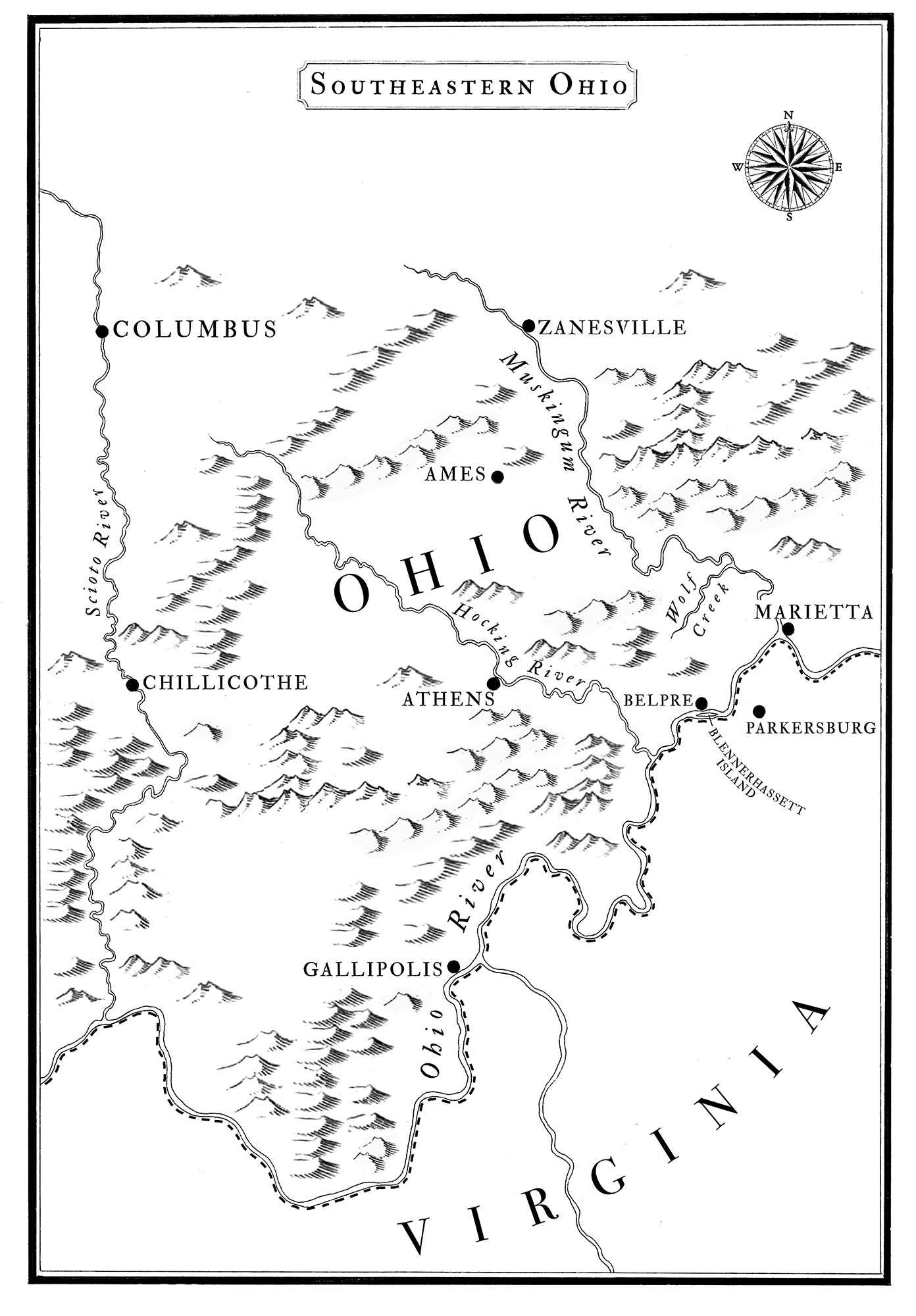
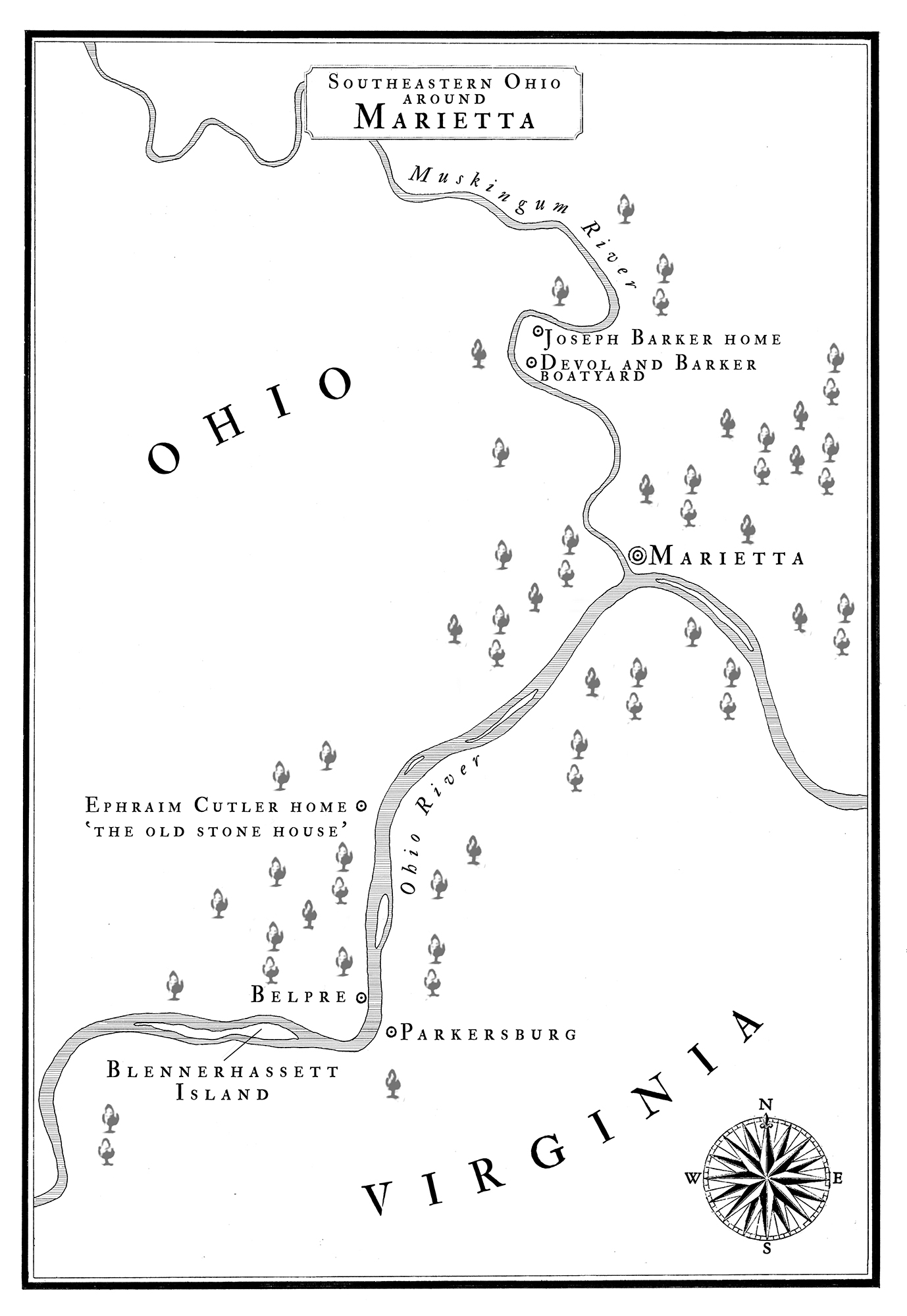
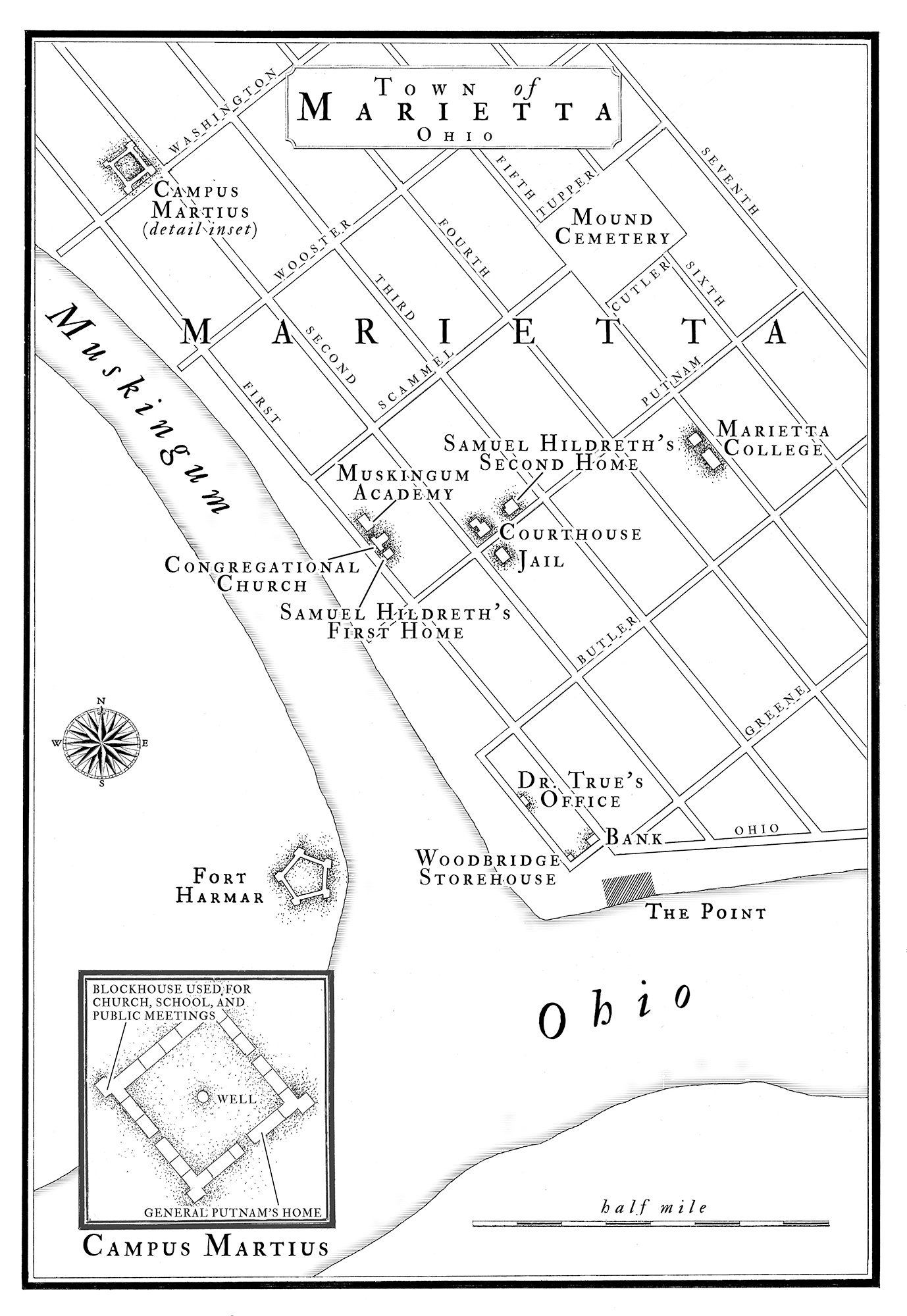
 CHAPTER ONE
CHAPTER ONE